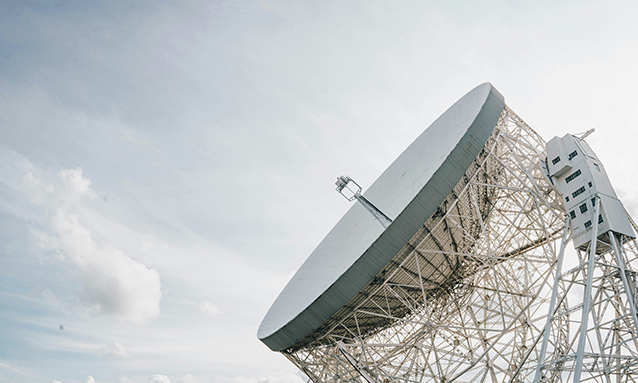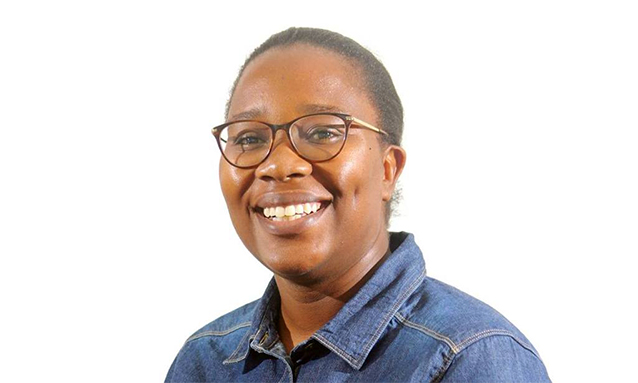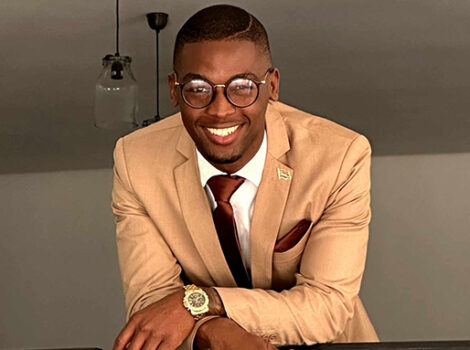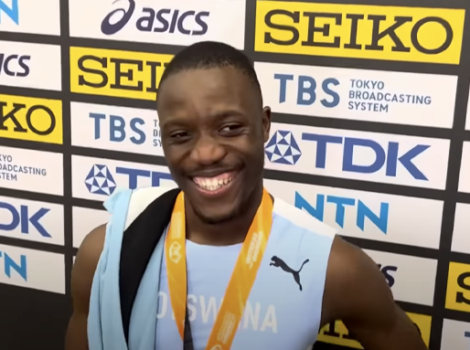
17 April 2024
Dr Kushatha Ntwaetsile, from Tsamaya in Botswana, studied computer science before following a basic training in radio astronomy in South Africa. She is the first in Botswana to graduate from a doctorate in astrophysics.
A recent graduate from the University of Hertfordshire, she is involved in a government project to create Botswana’s first ever radio observatory.
She travelled to the UK to study astrophysics at the University of Hertfordshire, from which she graduated with a PhD, the first ever person from her country to obtain a doctorate in the field.

Dr Ntwaetsile said: “Soon astronomy will have this massive dataset that will be coming from telescopes, so that’s when I realised that as a computer science person, I can actually come in and build algorithms for astronomers to actually be able to process the data.”
Since finishing her course, Kush has returned home to work on the Square Kilometre Array project, SKA/AVN Botswana project – a project which consists of a team of innovators with a range of skills from several different fields, with the ultimate objective to build the first radio observatory in Botswana.
She said: “A lot of people don’t even know what astronomy’s all about here, so the aim was to come in and drive this project, which is a government driven initiative geared towards developing astronomy in Botswana.”
“Being part of this project, we develop astronomy, we do outreach to school kids and the community to raise awareness about astronomy.”
“We are hopeful that at the end of this year, we’ll start the building of Botswana’s first radio telescope. We are we are a team of young people, so it’s actually nice to be part of the team tasked with developing astronomy in Botswana.”
While she juggled motherhood and faced several challenges throughout her years of education, Dr Ntwaetsile successfully graduated from her doctorate in Astrophysics, specialising in creating models or algorithms that can be used for data analysis, becoming not only the first in her country to obtain a PhD in the field, but the first woman to do so too.
You may also be interested in:


